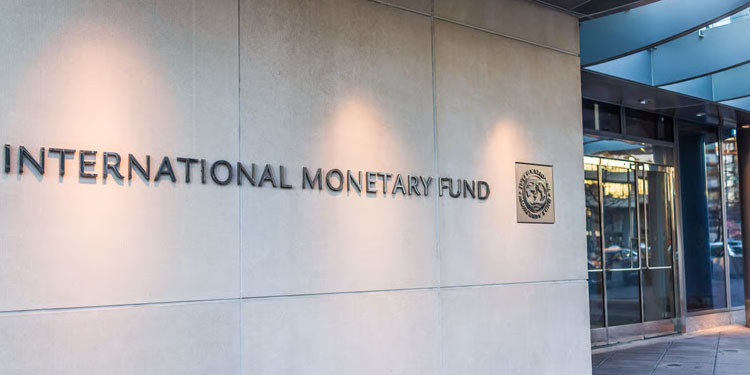
The document further disclosed that IMF and World Bank carried out a financial technology poll that received reply from major financial institutions operating in several member nations and conclusions were made on the basis of 96 responses received.
The document further states that central banks in several countries are looking at the option of developing and launching some kind of Central Bank Digital Currency (CBDC).
Uruguay has supposedly unveiled a CBDC trial program where as Bahamas, Eastern Caribbean Currency Union, China, Sweden and Ukraine is in the final phase of testing their prototypes.
In addition, several central banks were conducting trials on CBDC’s possible impact on financial steadiness, banking sector framework, arrival of non-banking financial institutions and monetary policy implementation.
Inspiration for launching a CBDC differs from one central bank to another, according to the report. Even though emerging and developed economies are looking at CBDC options, the latter looks digital asset as a substitute to cash as its frequency of use fades.
For developing economies, on the contrary, the main advantages of a CBDC is minimizing banking expenses and also ensure that banking facilities are available even to unbanked citizens.
Despite the varied objectives, all central banks have on common expectation about CBDC i.e., none of them prefer the CBDCs to be totally anonymous as tracking transactions is a must to prevent illegal use. Some institutions, however, are studying the option of setting aside a portion of crypto tokens as untraceable in order to commence large transactions and holdings.
Recently, Stephen Moore, the conservative economist has joined an endeavor to establish a Federal Reserve like institution for cryptocurrencies. The venture, named Decentral, is an initiative to control liquidity of cryptocurrencies in order to minimize price volatility.